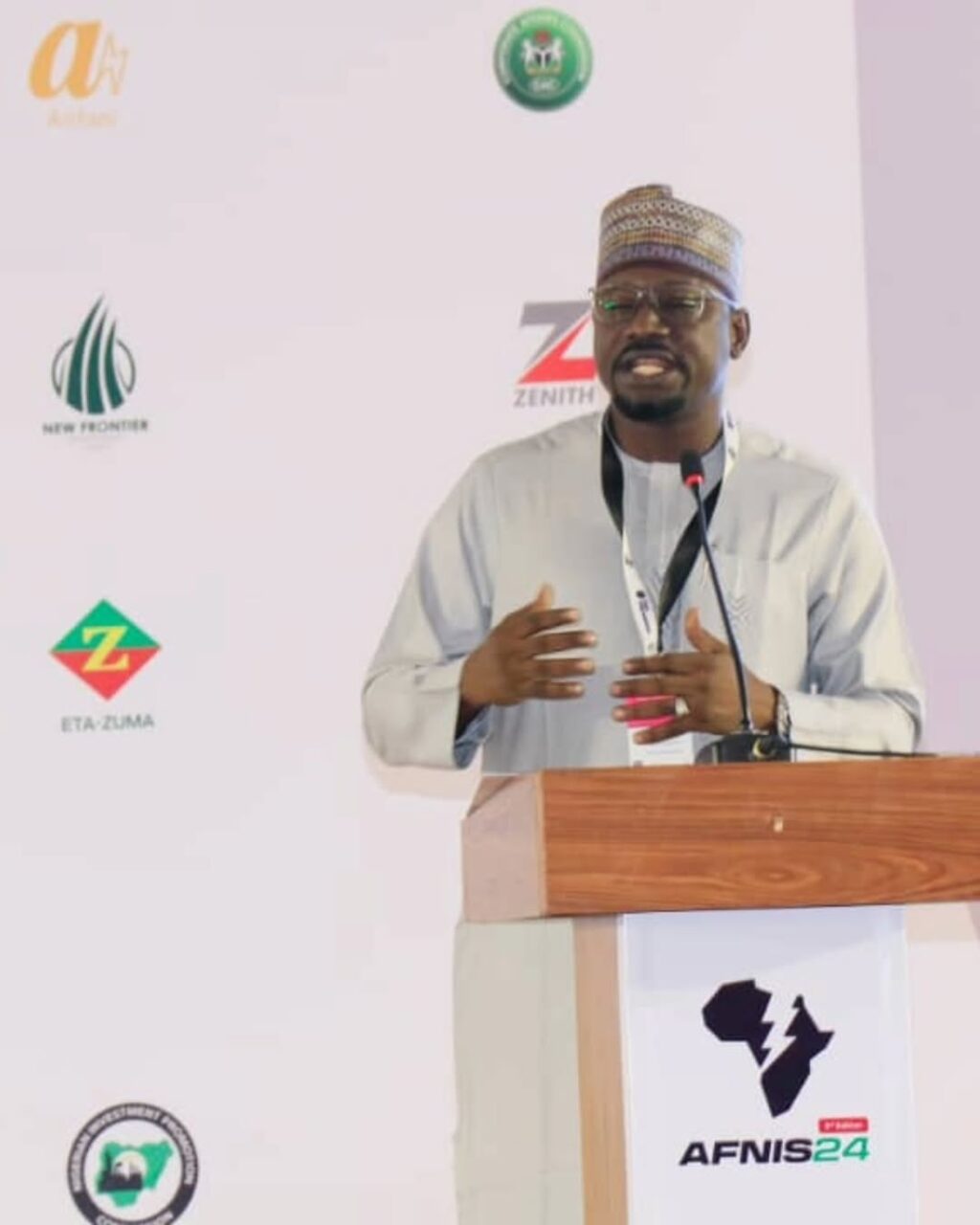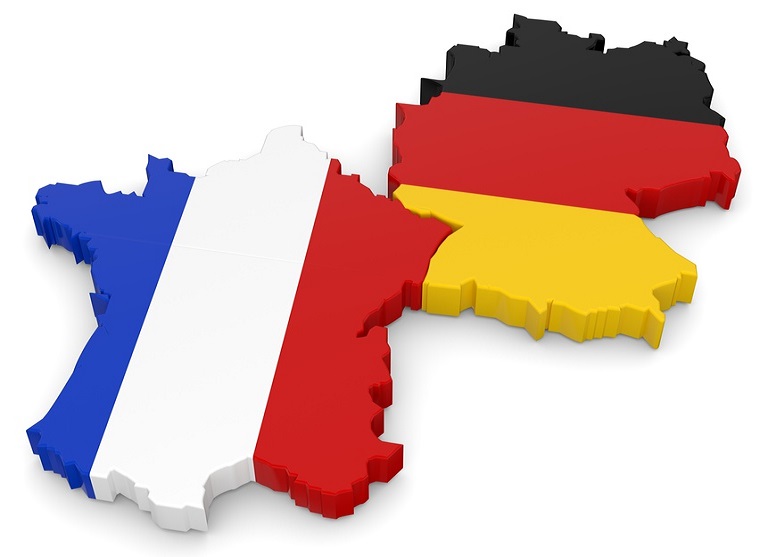
Abba Aliyu, the Managing Director of Nigeria’s Rural Electrification Agency (REA), is making significant strides in expanding Nigeria’s influence in Africa’s clean energy market. Under his leadership, Nigerian renewable energy firms are now exporting critical infrastructure to Liberia and Sierra Leone. This milestone signals Nigeria’s growing role as a regional leader in sustainable power solutions.
During a recent interview, Aliyu shared this progress with optimism and pride. He explained that Nigerian firms have developed both the capacity and expertise to build and ship solar mini-grid components to other West African nations. Abba Aliyu drives Nigeria’s renewable export through intentional support for local companies and smart investment in clean technology.
He said that what was once considered impossible has now become reality. In the past, Nigeria relied heavily on foreign products to power rural electrification projects. Today, thanks to the growth of local manufacturers, Nigerian firms are supplying renewable infrastructure to neighboring countries and helping them improve electricity access.
Aliyu stated that the REA, in collaboration with development partners, has helped train over 400 engineers and supported over 100 energy companies. These companies are now producing batteries, solar panels, and mini-grid technologies locally. Their ability to meet both domestic and international demand reflects the long-term success of the REA’s strategic programs.
The REA boss also revealed that several pilot projects in Liberia and Sierra Leone are already benefiting from Nigerian-built energy solutions. These deployments are not just about technology, he said. They also represent a strong symbol of African collaboration, trade, and trust.
Abba Aliyu drives Nigeria’s renewable export by prioritizing partnerships and innovation. He highlighted that this growth benefits Nigeria’s economy and strengthens its position in the clean energy space. Nigerian youths are also gaining new skills and employment opportunities through these initiatives.
He emphasized the importance of sustainability and regional cooperation. Aliyu believes that African countries can share knowledge, build stronger networks, and work together to solve energy poverty. By leading this effort, Nigeria is showing that homegrown solutions can drive change across borders.
Aliyu credited the Energy Transition Plan and the World Bank-supported Nigeria Electrification Project for laying a solid foundation. These frameworks, according to him, allow for better implementation and tracking of clean energy goals. He assured that the REA will continue supporting startups, providing training, and improving project monitoring.
The REA under his watch is also working closely with local communities. Many rural areas in Nigeria now enjoy reliable electricity, and schools and hospitals are able to function more effectively. Women-led businesses are thriving, and children can study at night without depending on kerosene lamps.
In closing, Aliyu called on African leaders to prioritize homegrown solutions and support local firms. He believes that with the right leadership, Africa can not only meet its energy needs but also export solutions that change lives.
Through strong leadership and a clear vision, Abba Aliyu drives Nigeria’s renewable export in ways that empower communities, build regional partnerships, and inspire sustainable development across West Africa.



